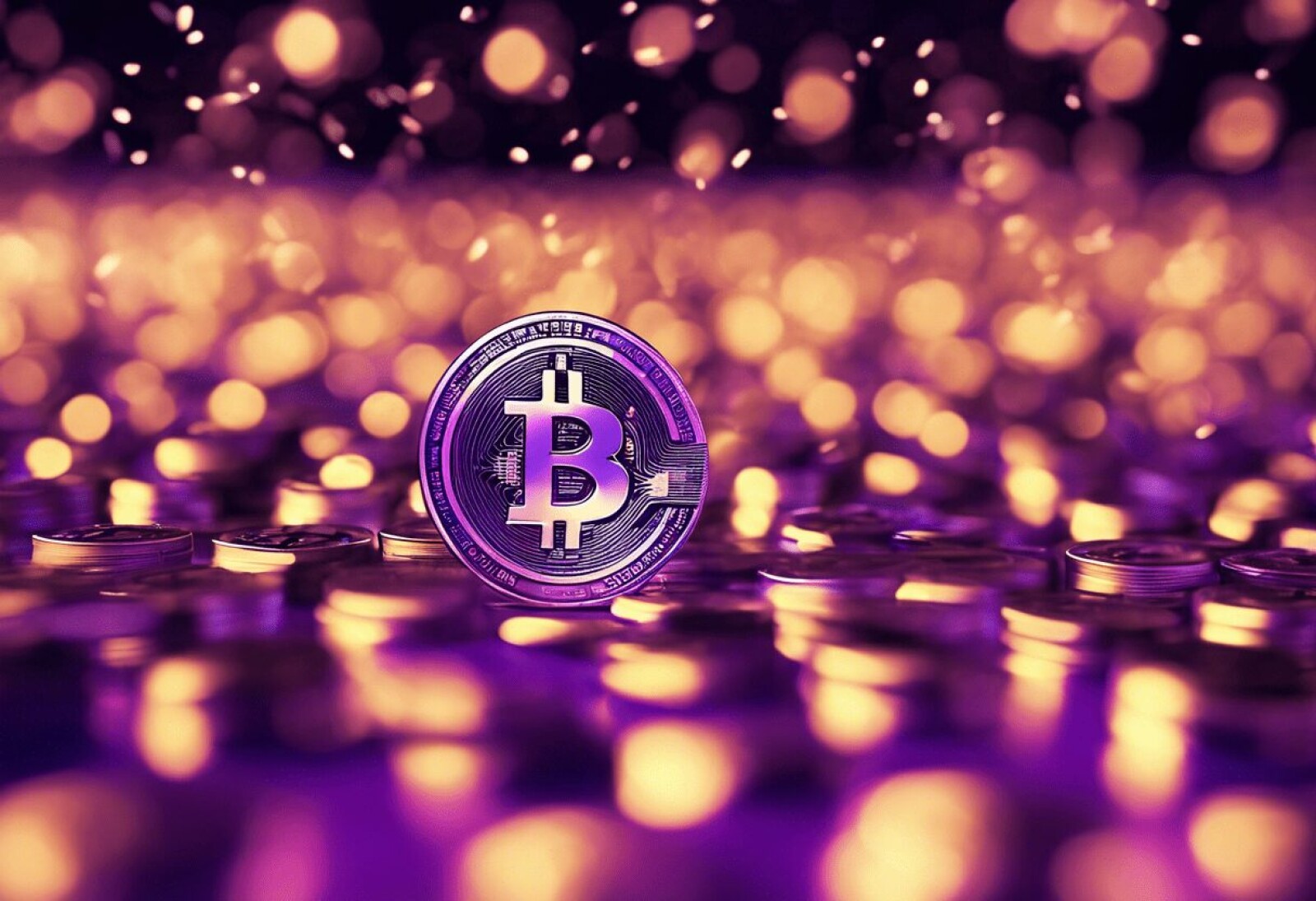
Maxwell Ledger
Jun 22, 2024Nigeria’s Central Bank Denies Reports on Crypto Account Freezing

Nigeria’s Central Bank (CBN) recently addressed and denied claims that it had directed local banks to freeze accounts associated with unlicensed cryptocurrency exchanges. The allegations, which surfaced from various media outlets, suggested that the CBN had issued a mandate to financial institutions to identify and restrict these accounts, placing them under a “Post No Debit (PND)” instruction for six months.
CBN’s Official Statement
In an official statement on April 18, 2024, the CBN clarified that the circulated circular alleging such directives was not issued by the regulator. The bank emphasized the importance of relying on authentic information available on its official website, dismissing the reports as false and misleading. This clarification came via an X (formerly Twitter) post, where the CBN urged the public to verify any information through its verified channels to avoid misinformation.
“This content is not from the Central Bank of Nigeria! Always refer to the Bank’s website for authentic information,” the CBN stated emphatically.
Context of the Allegations
Initial reports claimed that the CBN had instructed banks to freeze accounts engaged in transactions with cryptocurrency exchanges, including notable names like Bybit, KuCoin, OKX, and Binance, which are not licensed for operations in Nigeria. These reports created significant concern among the Nigerian crypto community and beyond, given the implications such actions would have on crypto trading and financial freedom.
The controversy arose amid a backdrop of evolving regulatory positions on cryptocurrency in Nigeria. In late 2023, the CBN had lifted its previous ban on crypto activities, signaling a more open approach towards the digital asset market. However, subsequent reports hinted that the CBN was still considering actions against certain crypto exchanges to combat forex market manipulation and illicit fund movements.
Market Reaction and Public Sentiment
The false reports had a noticeable impact on the market and public sentiment. Many crypto users expressed frustration and confusion over the alleged directive, which would have severely restricted their ability to trade and manage their digital assets. The CBN’s prompt denial aimed to restore confidence and clarify its stance on crypto transactions.
This incident highlights the broader issues of misinformation and the need for clear communication from regulatory bodies. It underscores the importance of having reliable and accessible sources of information, particularly in the fast-moving and often speculative world of cryptocurrency.
Implications for the Future
The CBN’s denial and the surrounding controversy illustrate the delicate balance regulators must maintain in managing the burgeoning crypto market. While there is a clear need for oversight to prevent fraud and ensure market stability, overly restrictive measures can stifle innovation and limit the benefits of digital financial technologies.
For the Nigerian crypto ecosystem, this incident serves as a reminder of the importance of regulatory clarity and the potential consequences of misinformation. It also highlights the ongoing need for dialogue between regulators, financial institutions, and the crypto community to foster an environment that supports growth while ensuring compliance and security.
Conclusion
Nigeria’s Central Bank has firmly denied the reports of directing banks to freeze accounts linked to unlicensed crypto exchanges, urging the public to verify information through official channels. This clarification aims to mitigate the impact of misinformation and maintain confidence in the financial system. As Nigeria continues to navigate its regulatory approach to cryptocurrencies, clear communication and cooperation between all stakeholders will be crucial in shaping a robust and innovative digital financial landscape.













